I am using a table which is partitioned by load_date column and is weekly optimized with delta optimize command as source dataset for my use case.
The table schema is as shown below:
+-----------------+--------------------+------------+---------+--------+---------------+
| ID| readout_id|readout_date|load_date|item_txt| item_value_txt|
+-----------------+--------------------+------------+---------+--------+---------------+
Later this table will be pivoted on columns item_txt and item_value_txt and many operations are applied using multiple window functions as shown below:
val windowSpec = Window.partitionBy("id","readout_date")
val windowSpec1 = Window.partitionBy("id","readout_date").orderBy(col("readout_id") desc)
val windowSpec2 = Window.partitionBy("id").orderBy("readout_date")
val windowSpec3 = Window.partitionBy("id").orderBy("readout_date").rowsBetween(Window.unboundedPreceding, Window.currentRow)
val windowSpec4 = Window.partitionBy("id").orderBy("readout_date").rowsBetween(Window.unboundedPreceding, Window.currentRow-1)
These window functions are used to achieve multiple logic on the data. Even there are few joins used to process the data.
The final table is partitioned with readout_date and id and could see the performance is very poor as it take much time for 100 ids and 100 readout_date
If I am not partitioning the final table I am getting the below error.
Job aborted due to stage failure: Total size of serialized results of 129 tasks (4.0 GiB) is bigger than spark.driver.maxResultSize 4.0 GiB.
The expected count of id in production is billions and I expect much more throttling and performance issues while processing with complete data.
Below provided the cluster configuration and utilization metrics.

Please let me know if anything is wrong while doing repartitioning, any methods to improve cluster utilization, to improve performance...
Any leads Appreciated!
